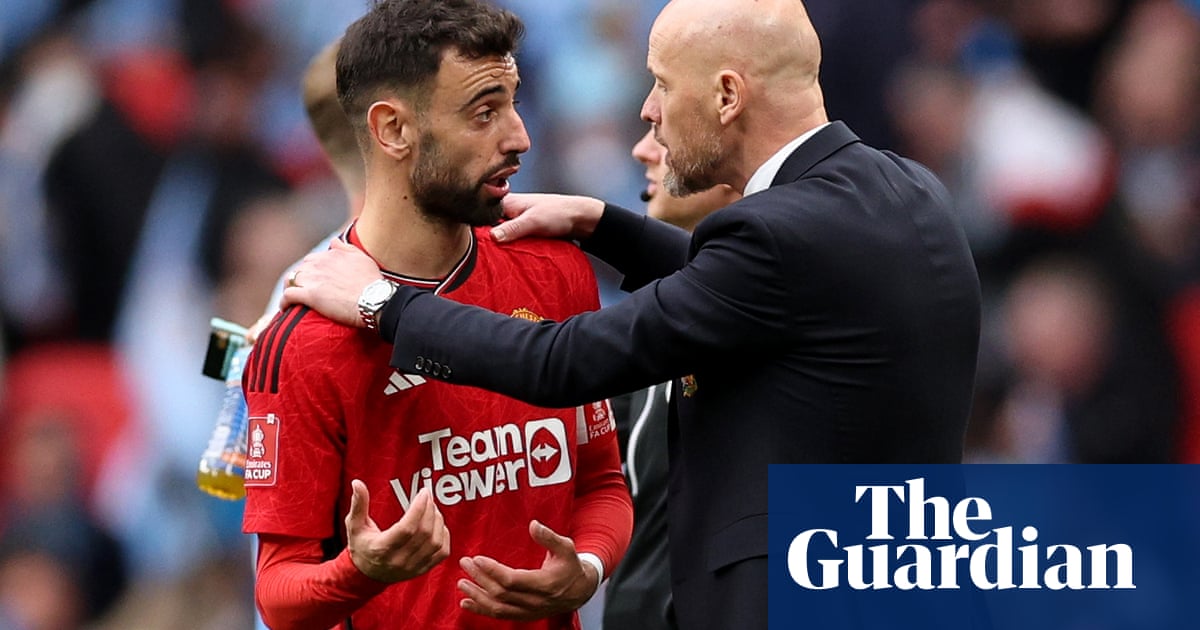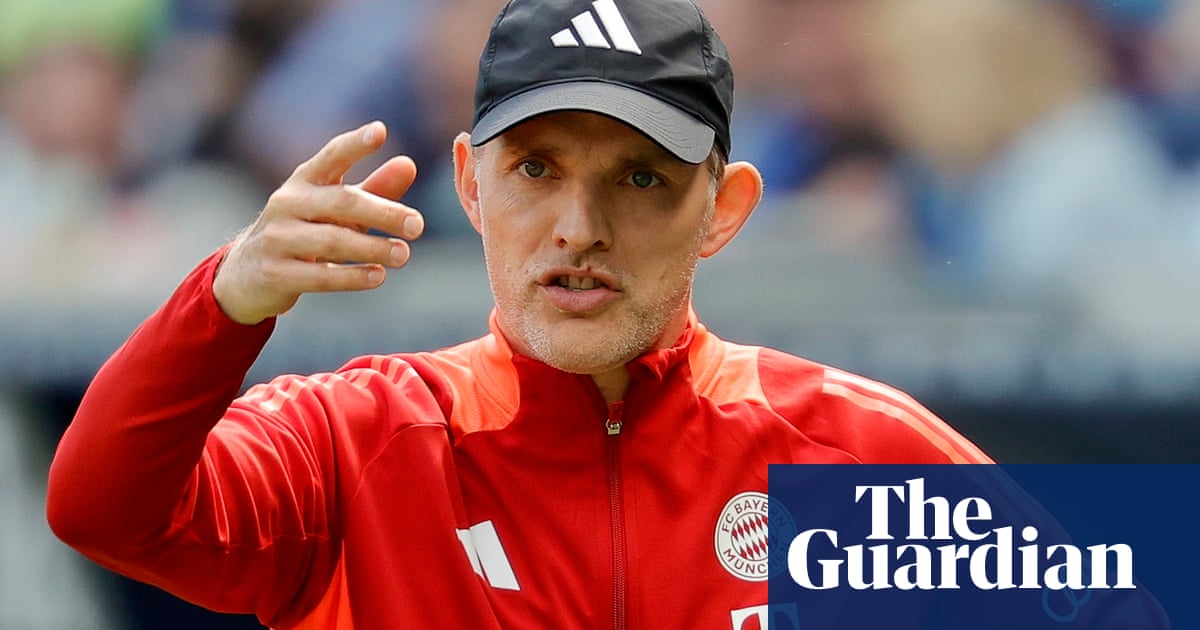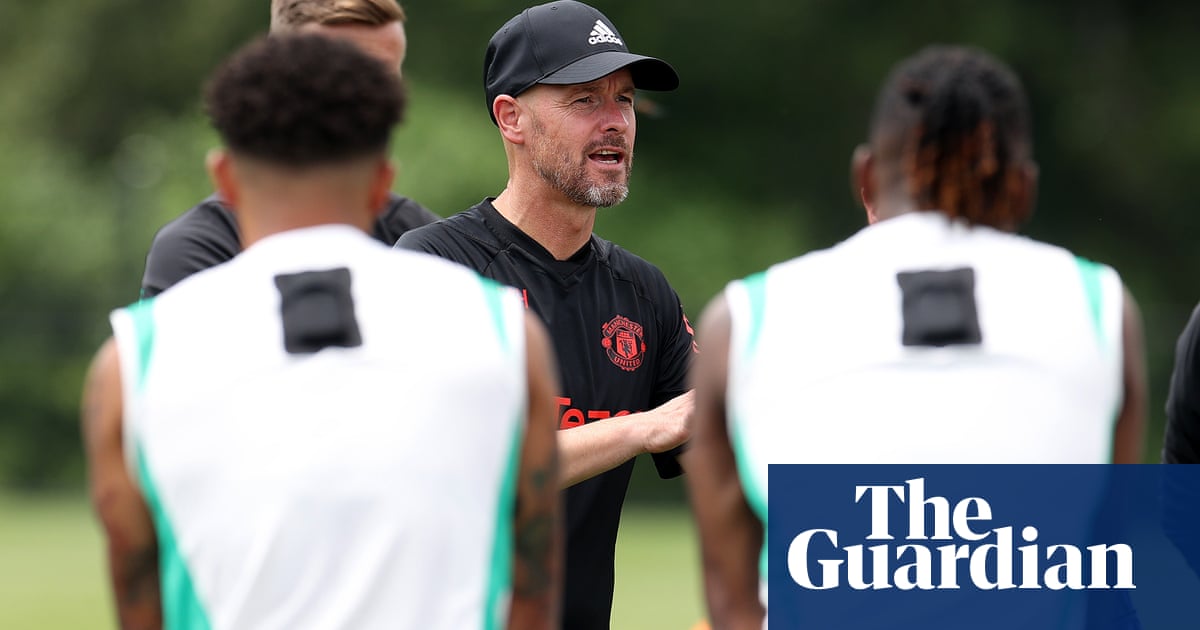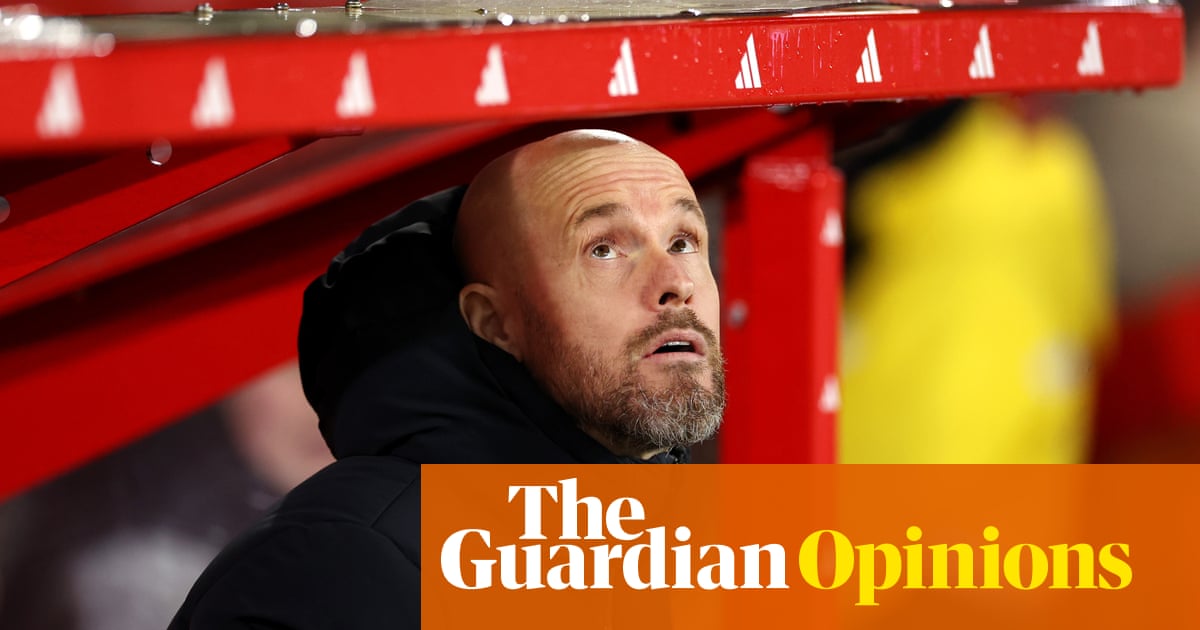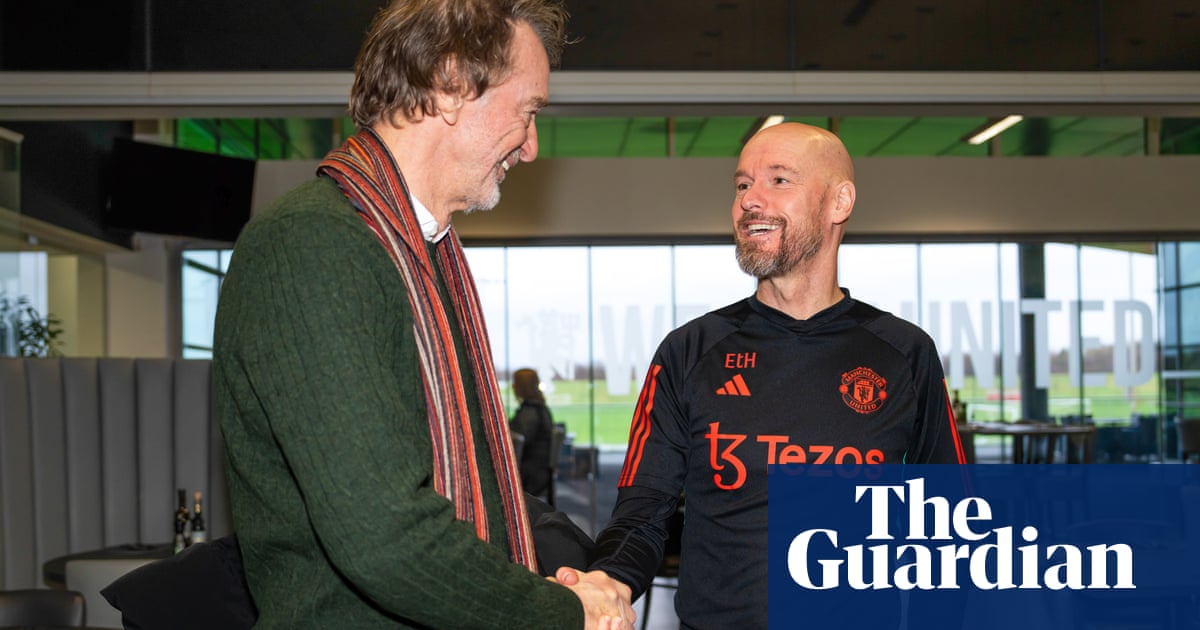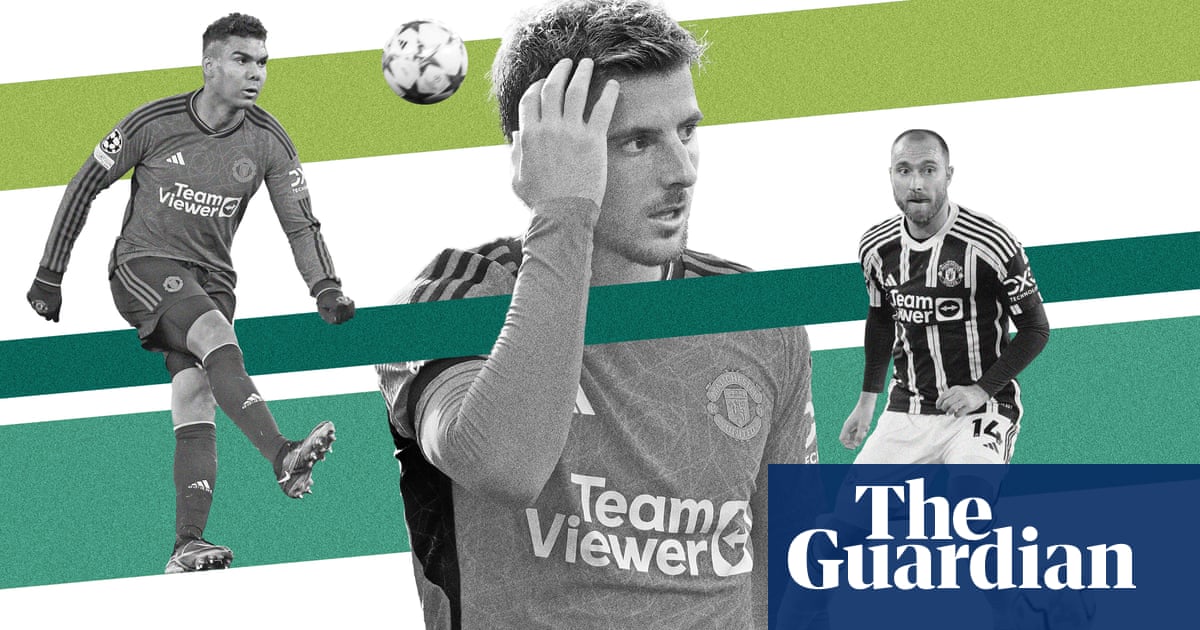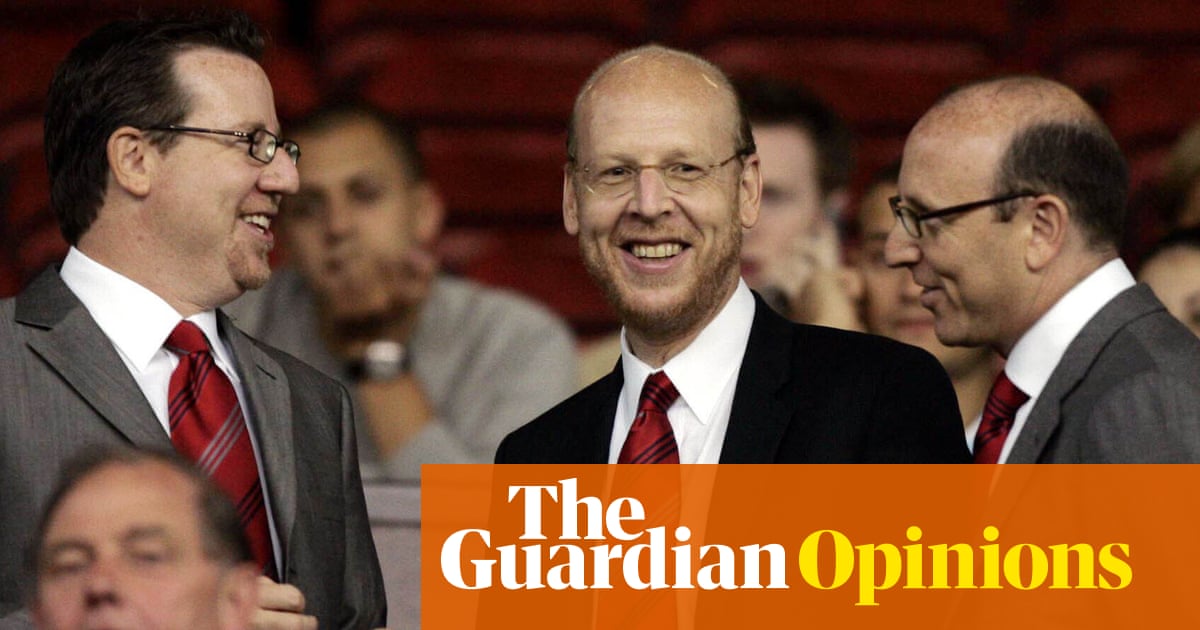
In November 1985, Ron Atkinson looked destined to become the first Manchester United manager to win a league title for decades. By November 1986, he had been sacked. United started the 1985-86 campaign by winning their first 10 games and going unbeaten for 15. But with just nine wins from their remaining 27 fixtures, they ended up finishing fourth – a full 12 points behind champions Liverpool. The club had gone another season without winning the league and the manager was beginning to feel the heat.
Injuries played their part in United’s slump, with captain Bryan Robson missing half of United’s league programme. He had picked up an injury while on England duty in October 1985 and then he dislocated his shoulder in March 1986, kicking off a club-versus-country row. England manager Bobby Robson wanted his skipper to have an operation on his shoulder before the World Cup but United were reluctant, especially as they were still in the title hunt. When Robson’s shoulder failed again in Mexico, the operation could be delayed no longer. It would have a significant impact on United’ start to the 1986-87 season – and Atkinson’s career.
Robson was not the only United player to go under the knife, with Gary Bailey, Remi Moses and Norman Whiteside all undergoing surgery. United had a big squad but the constant stream of injuries disrupted the team and the sale of Mark Hughes to Barcelona in the summer put even more pressure on Atkinson.
Chairman Martin Edwards seemed reasonably relaxed before the 1986-87 season, even though Terry Venables and Alex Ferguson had been linked to Atkinson’s job. “Obviously, it’s been a long time without the league title and the longer it goes the more the pressure builds up on everyone at the club. But to keep harping on about it doesn’t help the management or the players.”
Atkinson needed his team to come flying out of the blocks; instead they suffered a false start and never recovered. Losing 1-0 at Arsenal was hardly cause for concern, but the next two matches at Old Trafford indicated that all was not well. Behind after 32 seconds against West Ham, United showed character to fight back from two down, but that was little consolation as Frank McAvennie’s second goal gave the Hammers a late win.
Worse was to follow. The 1-0 defeat against newly promoted Charlton gave United their worst start in 14 years and, with boos echoing around Old Trafford and many calling for Atkinson’s head, Edwards started to field questions about his manager. “We are not fickle enough to sack a manager on the strength of three games.”
United ended the losing run with a 1-1 draw at Leicester and then Robson returned after 11 weeks out to inspire the team to a 5-1 win over Southampton at Old Trafford. But there was to be no great revival for Atkinson or his team. They lost 1-0 at Watford and then set off for a chastening day at Goodison Park. “It’s out of order to talk about pressure upon a manager with the season just six games old,” said Everton manager Howard Kendall before the game. “I cannot understand all this talk of a sacking at Old Trafford.” Kendall’s team did little to quieten the din, however, with their 3-1 win handing United their fifth defeat in seven matches.
Another television date awaited a week later, as the Big Match covered Chelsea’s match at Old Trafford. If one fixture summed up Atkinson’s struggles at the time, this was it. An early goal from Kerry Dixon highlighted United’s weaknesses at the back, yet they created chances and really should have taken something from the game. When a team has two penalties saved in as many minutes, perhaps the writing is on the wall. “This is the worst position I have been in as a football manager,” said Atkinson as he reflected on the 1-0 defeat. “We have got to buckle down and start winning matches.”
Things could only get better and United embarked on a five-match unbeaten run in the league, drawing away at leaders Nottingham Forest, beating Sheffield Wednesday and Luton, before a 1-1 draw live on ITV in the Manchester derby. A disappointing draw at home against Coventry followed, with Robson limping off with a hamstring strain to leave the team even more exposed.
Through it all, Atkinson was reeling. Performances may have improved slightly, but matters off the pitch kept him under the media spotlight. A training ground spat between Moses and Jesper Olsen left Moses with bruised knuckles and Olsen with 11 stitches in a cut above his left eye. The manager tried to brush over the incident, but the media did not buy his story about the players clashing heads. Atkinson walked out of one press conference and missed another after the Luton match. Discipline at the club was questioned – seven players had been fined for breaking a curfew during a pre-season tournament in Amsterdam and Moses had also been involved in another row with Clayton Blackmore – all problems Atkinson could have done without.
Atkinson was dangling over the edge and then came the blow that sent him tumbling: a 4-1 defeat to Southampton in a League Cup replay. The night was a complete disaster for Atkinson. Robson and Strachan were missing from the starting line-up and then United lost Whiteside and Colin Gibson in the first half. In the end, they were humiliated. The manager had reached the point of no return.
He was sacked on November 6, leaving the door open for Ferguson to come in and create his dynasty. Edwards said the decision had to be made “in light of the team’s poor performance over the last 12 months” and “in the best interests of club and fans.”
“Obviously I’m a bit disappointed,” said Atkinson. “Things have gone against us so I suppose it was inevitable this would eventually happen.” He had enjoyed some success at United – as Edwards was keen to point out. “In his five full seasons he was never out of the top four in the league. He won the FA Cup twice, got us into the Milk Cup final and the semi-final of the European Cup Winners’ Cup.” But ultimately Atkinson paid the price for being the latest United manager who could not win the title.
Some said Atkinson’s flash image had alienated him from the United fans; others blamed his lack of success in the transfer market; and he was criticised for his players’ poor discipline. As ever, though, results on the pitch sealed the manager’s fate. United played 40 league matches between November 1985 and November 1986, winning just 12 of them and losing 16. They had gone from the high of winning 10 in a row to the low of being 19th in the table. The fans had seen enough and were ready to see someone else having a go. Thankfully for them, the new manager happened to be Ferguson.(The Guardian)




